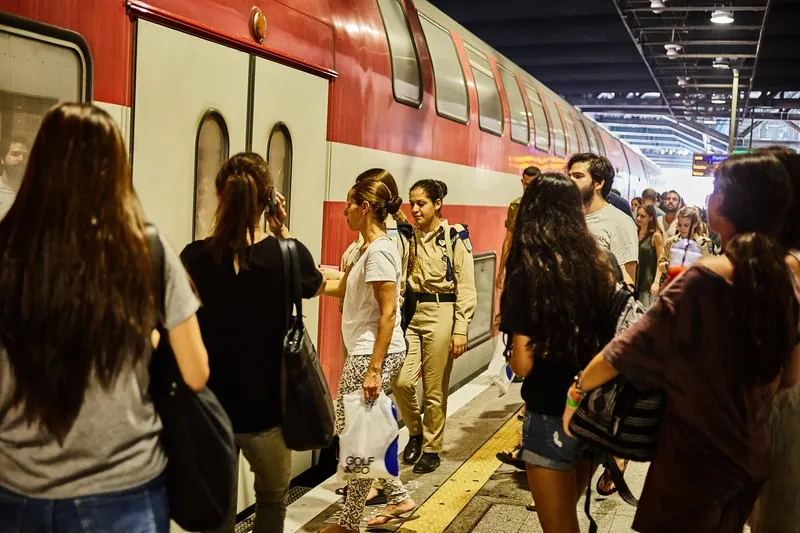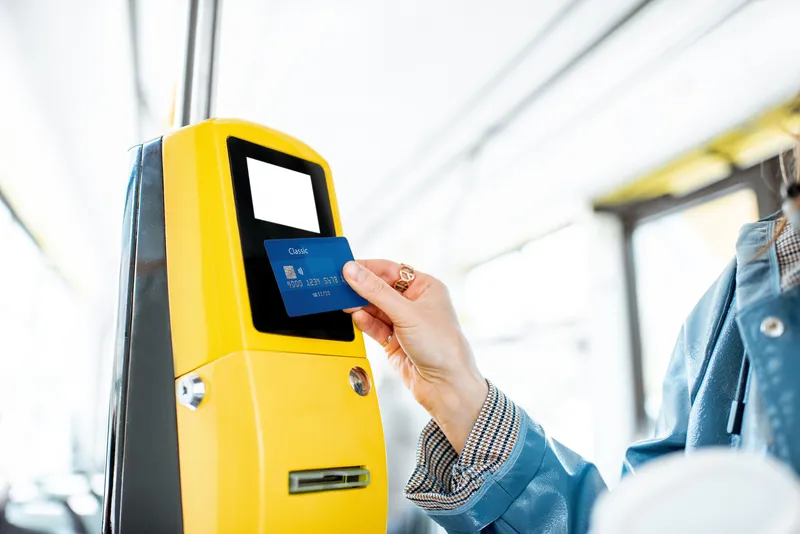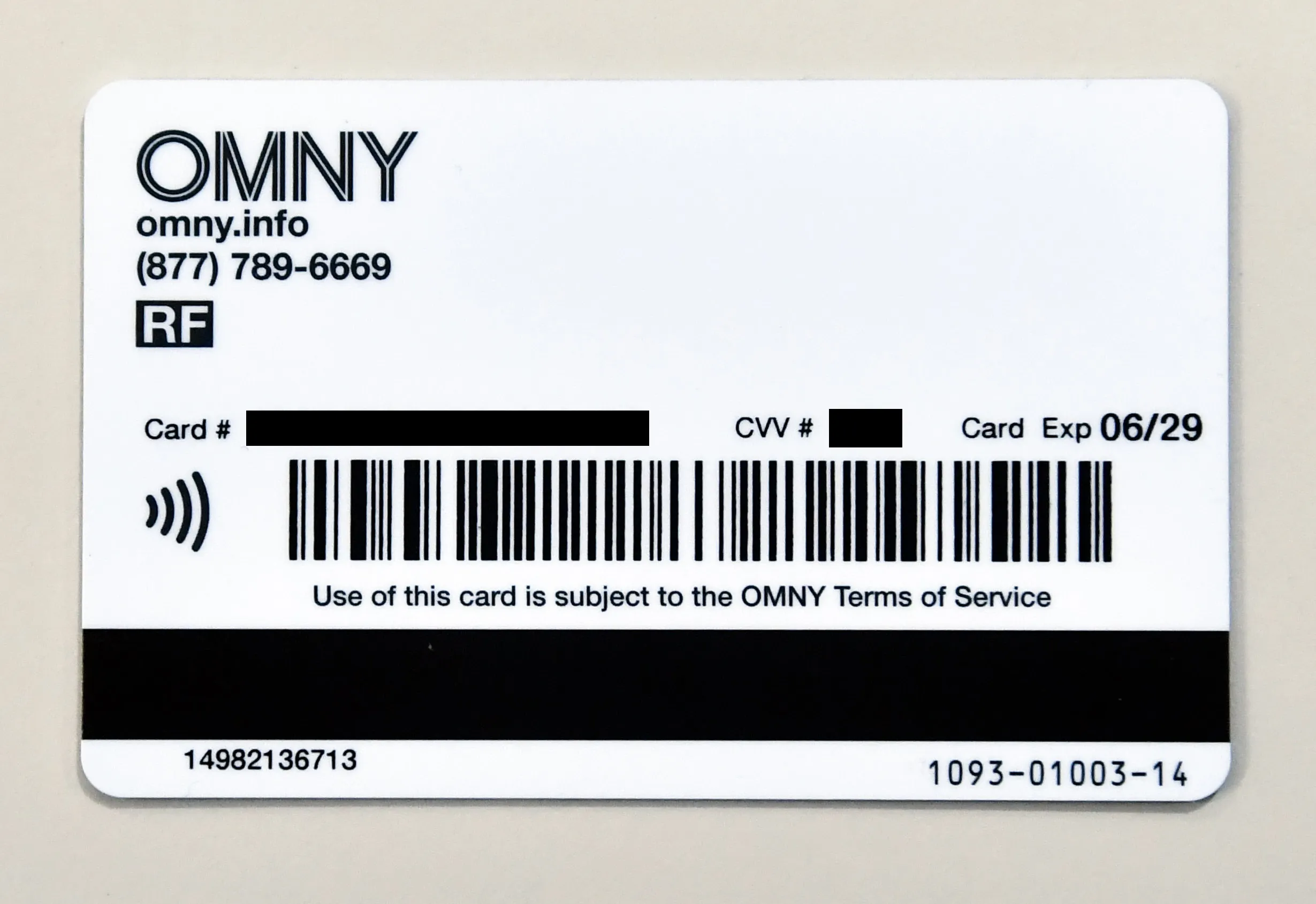
Moovit has partnered with Israel's Ministry of Transport and Pango to launch account-based mobile payment for public transit across the whole country.
The Mobility as a Service (MaaS) solution is available now on the latest version of the Moovit app for all buses in Israel and will include Israel Railways and the Carmelit in Haifa from 1 February.
Bus riders previously had to top up their Rav Kav card and pay in advance to get discounts, but Moovit will now calculate charges at the end of each month, promising the "lowest-cost fare combination".
Pango provides the technology for user accounts and payment clearing.
“The launch of mobile payment in Moovit is an important milestone for public transportation in Israel”, said Yovav Meydad, Moovit’s chief growth and marketing officer.









